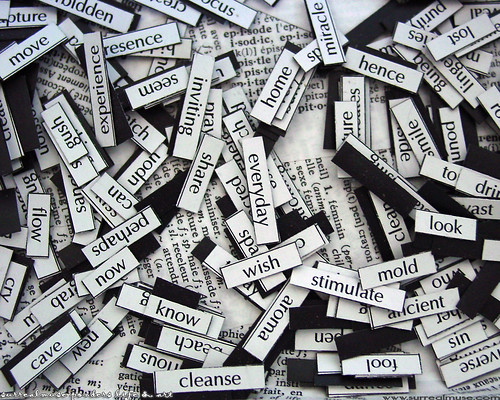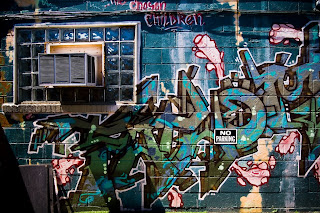
Image source =
surrealmuse (under Creative Commons)
"I clear through the night
darkness will fill the night sky
I can't see the light."
by: danny reid 72
''So quiet and bright
the sun lets off so much light
the birds start to sing''
By kevin
''The moon shines so bright
day has come and gone that quick
as we fall asleep''
By kevin
"This song id so slow;
it crowds my head with sorrow,
slow songs aren't my thing"
By Delian Day 72
Little Twin sisters
-BRATS, that's all they are
They whine and suck up when mom calls
Sister's, got-a-love
-Mykel Williams 72
- I like the sun light.
- we love to go to the beach.
- I play allday long.
BY: Justine Baker 72
A clock is ticking
my mom tells me to wake up
good morning ehkler
By:ehkler
SNAKES
LONG SLENDER BODY.
FANGS OF FEAR AND DESTRUCTION.
IT'S JUST A SMALL SNAKE
BY:JAG
Art is fun todo
Painting is the best to do
art is the best subject
By: Ryan
It is difficult;
I can't control my sadness.
Tears stream down my face.
By: Julie .
Ice cream's sweet and cold,
Gummy Bears are chewy and
lolipop's the best!
By:Lynn
My family is fun
we go to the movies lots
i love my family
by:tishauna
my mom is specil
i love my mom very much
i think shes nice
by:tishauna
Coaco is the best.
Coffee is even better.
Chocolate's awsome!
By:Lynn
My mom is special
I love my mother a lot
My mom is funny.
by:paulo
My baby sister
like to sleep in bed a lot
And drinks lots of milk
by:paulo

 Graffiti: is the name for images or lettering scratched, scrawled, painted or marked in any manner on property. Graffiti is any type of public markings that may appear in the forms of simple written words to elaborate wall paintings. Graffiti has existed since ancient times, with examples dating back to Ancient Greece. In modern times, spray paint and markers have become the most commonly used materials.
Graffiti: is the name for images or lettering scratched, scrawled, painted or marked in any manner on property. Graffiti is any type of public markings that may appear in the forms of simple written words to elaborate wall paintings. Graffiti has existed since ancient times, with examples dating back to Ancient Greece. In modern times, spray paint and markers have become the most commonly used materials.
